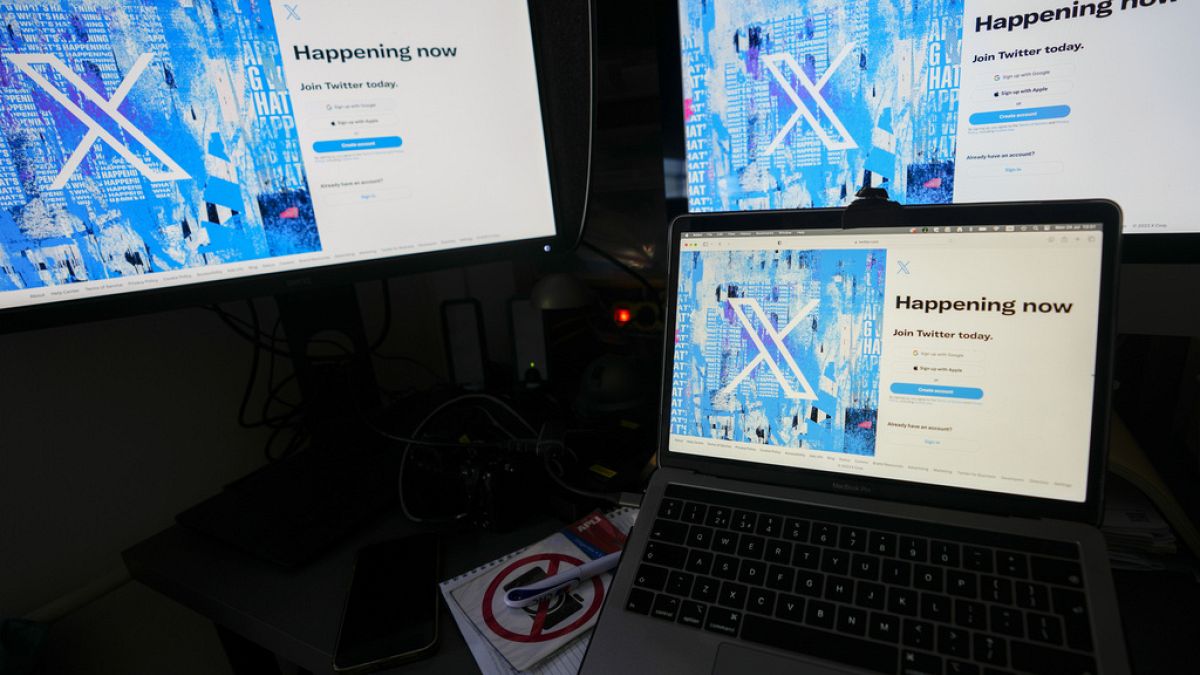Researchers have found a correlation between online hate speech and its ability to push individuals towards extreme political ideologies and beliefs. This was highlighted by a recent increase in toxic comments following an assassination attempt on Slovakian Prime Minister Robert Fico. Data from Slovak start-up Elv.ai revealed that hateful comments spiked by 60% on the day of the attack. Such events often bring underlying tensions to the surface, leading to an increase in hate speech. Social media platforms can amplify this hate speech by creating echo chambers that reinforce radical viewpoints.
Following the assassination attempt, the Slovakian interior ministry called for restraint in online comments, urging users to refrain from sharing inappropriate content. Interior Minister Matúš Šutaj-Eštok also implored journalists and politicians to avoid spreading antagonistic messages on social media. Slovakian President Zuzana Čaputová emphasized the dangers of hateful rhetoric, stating that it can lead to violent actions. The consequences of online toxicity are significant, with hate speech exacerbating social divisions and desensitizing individuals to extreme viewpoints.
In Slovakia, the European Roma Rights Centre filed six criminal complaints against individuals accused of posting anti-Roma hate speech online. Some of these comments were deemed serious and even called for the extermination of the Roma community. This illustrates the dangerous impact of hate speech on marginalized communities. Furthermore, a United Nations report in 2018 linked social media platforms, particularly Facebook, to the Rohingya genocide in Myanmar in 2017, highlighting the role of online platforms in facilitating violence.
In Kenya, a lawsuit in the High Court accused Facebook’s parent company, Meta, of amplifying hate speech and violence related to the conflict in Tigray, Ethiopia. The European Union’s Agency for Fundamental Rights reported an increase in online hate speech across Europe, criticizing the EU for not doing enough to regulate the issue. Despite the implementation of the Digital Services Act, which aims to address online hate speech, the problem persists. It is evident that online hate speech has far-reaching consequences, fueling extremism and contributing to the polarization of societies.
It is crucial for individuals, media outlets, and policymakers to take responsibility for combating hate speech and creating a more inclusive online environment. By promoting respectful discourse and condemning hateful rhetoric, we can work towards reducing the harmful effects of online toxicity. Education and awareness campaigns are also essential in sensitizing individuals to the impact of their words online. Ultimately, addressing online hate speech requires a collective effort from all stakeholders to foster a more tolerant and respectful online community. As we confront the challenges posed by hate speech, we must strive to uphold the values of empathy, understanding, and unity in the digital sphere.











